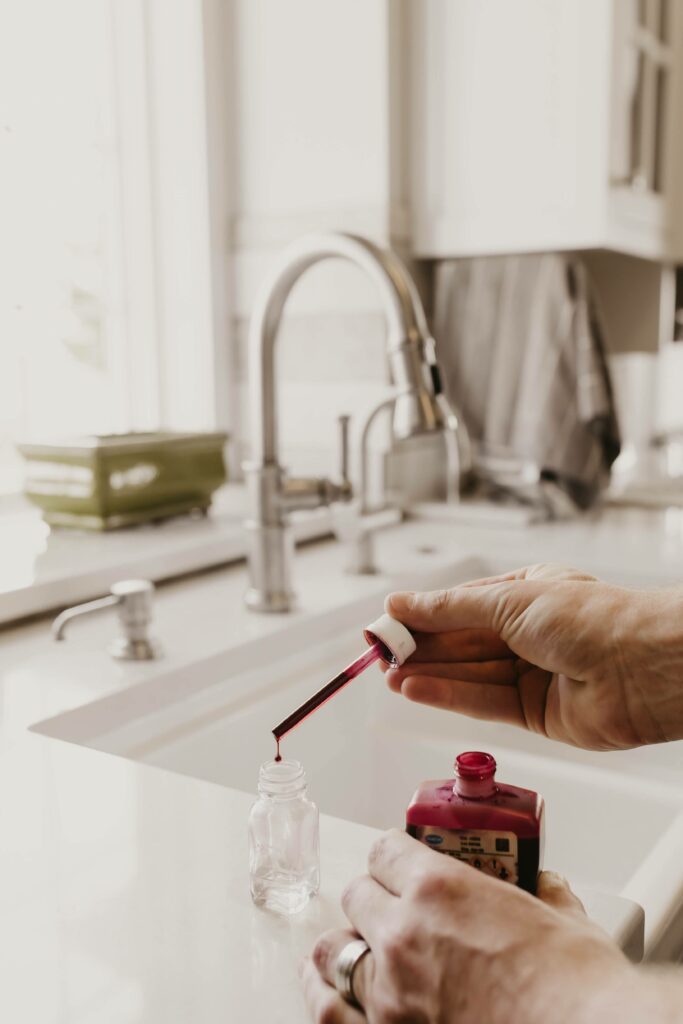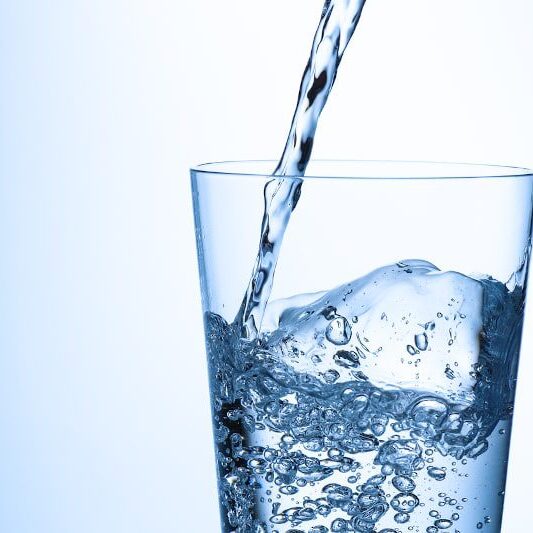What’s Really in Your Tap Water? The Hidden Chemicals You Drink Every Day

Many of us take the cleanliness of our tap water for granted, trusting in municipal water treatment to deliver safe drinking water to our homes. However, even with modern filtration technologies, various contaminants can still find their way into your glass. Understanding what these substances are and the potential risks they pose is crucial for safeguarding your family’s health. Here’s a detailed look at common contaminants found in tap water and the associated health risks.
Common Contaminants in Tap Water
- Chlorine and Chloramines: Widely used to disinfect water, these chemicals can react with organic matter to form harmful by-products like trihalomethane (THMs), which are linked to increased cancer risk and potential reproductive issues.
- Lead: Old plumbing systems can leach lead into tap water, especially where pipes corrode. Lead exposure is extremely harmful, particularly to children, causing developmental delays and neurological damage.
- Pesticides and Herbicides: Runoff from agriculture can introduce these chemicals into water sources. Long-term exposure to certain pesticides and herbicides has been associated with hormonal disruptions and an increased risk of cancer.
- Pharmaceuticals: Increasingly, traces of medications are being found in water supplies due to improper disposal and natural human waste. While typically found at very low levels, the long-term health impacts are still largely unknown.
- Heavy Metals: Apart from lead, other metals like mercury, arsenic, and cadmium can also be found in tap water, depending on local industrial activities and natural deposits. These substances are toxic and can lead to a range of health issues, including kidney damage and neurological problems.
Health Risks Associated with Contaminated Tap Water
- Gastrointestinal Problems: Contaminants like viruses, bacteria, and protozoa can survive treatment processes and lead to gastrointestinal illnesses, which are particularly dangerous for the very young, the elderly, and those with weakened immune systems.
- Chronic Diseases: Long-term exposure to contaminants such as arsenic and lead can lead to serious health conditions, including cardiovascular diseases and cancer.
- Reproductive Issues: Certain chemicals in water, including some pesticides and by- products from disinfectants, have been linked to reproductive problems and developmental disorders in infants.
Solutions for Cleaner Water at Home
- Activated Carbon Filters: These systems are effective at removing organic compounds, chlorine, and chloramines, significantly improving taste and reducing risks associated with chemical contaminants.
- Reverse Osmosis Systems: These offer one of the most thorough filtration techniques, capable of removing most pollutants, including heavy metals and some pharmaceuticals.
- Whole-Home Water Filtration Systems: Installing a comprehensive water treatment solution ensures that all water used in your home, whether for drinking, cooking, or bathing, is free of harmful contaminants.
Investing in Water Quality Understanding what’s in your tap water is the first step towards making informed decisions about water treatment in your home. With various filtration solutions available, you can tailor your approach based on specific concerns and local water quality reports.
At Popejoy, we are committed to ensuring that your family enjoys safe, clean water every day. Contact us to discuss which water treatment options would be most effective for your home, and start your journey toward purer water today.
OUR SERVICES:

Free water test
($200 value)
Restrictions may apply. Cannot be combined with other offers. Contact Popejoy for complete details.

